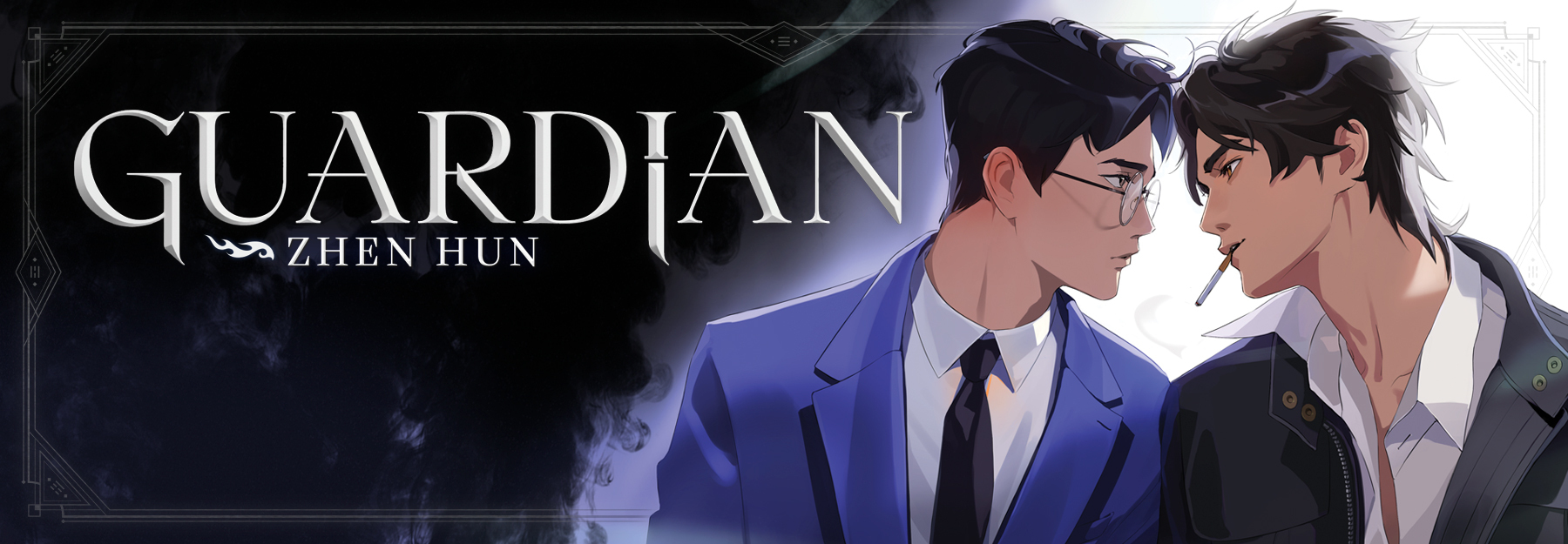 |
| The Resurrectionist by A. Rae Dunlap |
The Resurrectionist is a historical novel set in 1820s Edinburgh, which was the centre of medical learning of the time. Not only were the ideas concerning medicine more enlightened, the students were able to study with actual human bodies, albeit those of the dead. But people weren’t exactly willing to donate their bodies to study medicine, so the only legally available bodies were those of people executed by hanging. It didn’t offer many opportunities, so the bodies had to be obtained by less legal manners, hence the rise of body-snatchers like Burke and Hare, who made steady business with providing bodies to anatomy schools.
James Willoughby is the third son of a landed gentry and is expected to find a profession to support himself. He spends a brief spell in Oxford, studying to become a clergyman, which he is wholly unsuited for. But science, especially medicine, draws him. So he abandons Oxford and declares to his family that he’ll be studying medicine in Edinburgh instead, leading to his father’s untimely death. That has unfortunate consequences for James, because it turns out, his father has gambled away the family fortune and there’s barely any money for his studies.
It doesn’t matter at first. He finds a cheap accommodation, throws himself to his studies, and makes some like-minded friends, enjoying the freedom of spirit Edinburgh offers. But then he learns about the anatomy schools that offer a proper chance to practice with human bodies, and he has to join one. Problem is, it costs money he doesn’t have.
Unwilling to let the opportunity go, he asks if he can help out at the school in exchange for a cheaper tuition. And the surgeon’s assistant, Aneurin MacKinnon, a dashing and brilliant if slightly eccentric young man, agrees. James is to be a lookout while Nye tries to capture body-snatchers. Only, that’s not what it’s really about, as James discovers for his horror. Nye is a body-snatcher too, or a resurrectionist, as he calls himself.
They part ways, but when James’s family informs him that the money is completely gone and order him to return home to become a businessman instead, desperation leads him back to Nye to become a body-snatcher too, as the money is good. It’s a life-changing experience for him. Things seem perfect at first; his friendship with Nye is blooming amid their criminal adventures, soon deepening to love and adding another thing he needs to hide from his friends. But this doesn’t last. A ruthless gang of body-snatchers arrive to Edinburgh, and James and Nye find themselves stepping on toes of Burke and Hare.
This was a good book, and an excellent debut. The story was interesting and flowed in a fairly fast pace. The narrative emulated 19th century prose very well, made fresher by the first-person point of view. James was a likeable if single-minded in his need to study medicine, but not always observant when it came to his surroundings and his friends, so the historical setting and side-characters apart from Nye remained slightly vague. It’s not a long book, and while it wasn’t a “Twisty Gothic Mystery” that the subtitle promised, it was entertaining. The ending was open enough that there might even be more adventures of James and Nye. I would be willing to read them.
I received a free copy from NetGalley in exchange for an honest review.






















